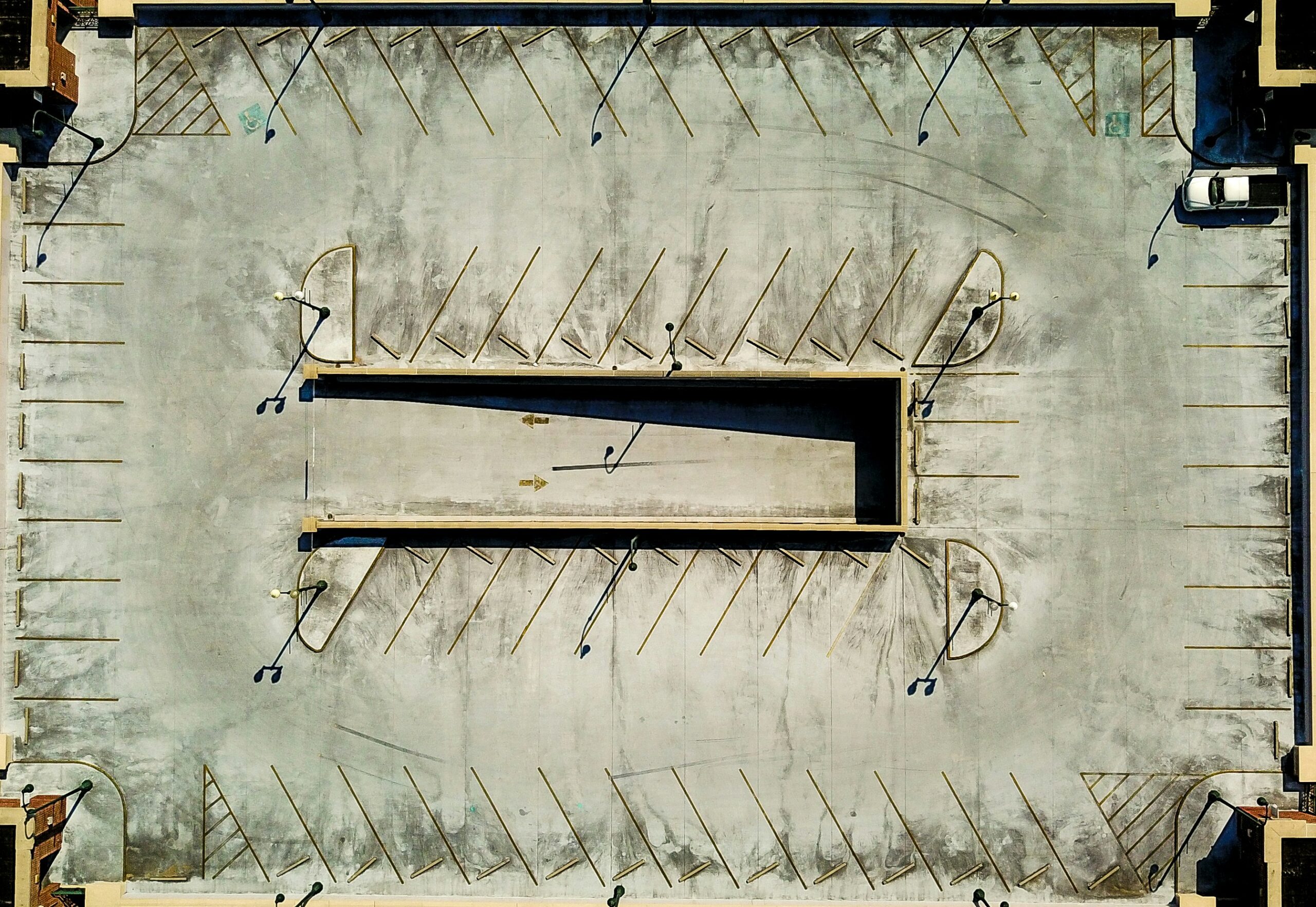What Are The Most Common Mistakes Beginners Make With Drones?
Introduction
Drones have become increasingly popular in recent years, with more and more people purchasing them for recreational or professional use. However, many beginners make common mistakes when operating drones, which can lead to accidents or damaged equipment. In this article, we will discuss the most common mistakes beginners make with drones and how you can avoid them.
Lack of Understanding of Local Regulations
One of the most common mistakes beginners make when flying drones is a lack of understanding of local regulations. Before taking your drone out for a flight, it is crucial to familiarize yourself with the rules and regulations governing drone use in your area. This includes knowing where you can and cannot fly, as well as any height restrictions or no-fly zones. Ignoring these regulations can result in fines or legal trouble, so it is essential to do your research before taking to the skies.
Not Reading the User Manual
Another common mistake that beginners make with drones is not reading the user manual. Many people are eager to start flying their drones as soon as they unbox them, but skipping over the user manual can lead to confusion and potential accidents. The user manual provides important information on how to properly operate and maintain your drone, as well as any troubleshooting tips in case something goes wrong. Taking the time to read the user manual can save you from making costly mistakes and ensure a safe and enjoyable flying experience.
Skipping the Pre-Flight Checklist
Skipping the pre-flight checklist is another mistake that beginners often make when flying drones. A pre-flight checklist is essential to ensure that your drone is in proper working order and that all necessary precautions have been taken before takeoff. This checklist typically includes tasks such as checking the battery life, inspecting the propellers for damage, and calibrating the GPS. By skipping this important step, you run the risk of encountering problems mid-flight that could have been easily prevented by following the checklist.
Inadequate Flight Preparation
Proper flight preparation is crucial when operating a drone, but many beginners underestimate its importance. Inadequate flight preparation can lead to crashes or loss of control, so it is essential to take the time to properly prepare for each flight. Here are some common mistakes beginners make in this area:
Ignoring Weather Conditions
One of the most common mistakes beginners make when flying drones is ignoring weather conditions. Wind, rain, and other adverse weather conditions can significantly impact your drone’s performance and stability, so it is vital to check the weather forecast before taking to the skies. Flying in high winds or precipitation can cause your drone to become unresponsive or crash, resulting in damage to the drone or potential harm to people and property. Always check the weather conditions before flying and postpone your flight if conditions are unfavorable.
Not Charging Batteries Fully
Another mistake that beginners often make is not charging their drone batteries fully before a flight. Insufficient battery life can lead to unexpected mid-flight shutdowns, causing your drone to crash or become lost. To prevent this from happening, always make sure to fully charge your drone batteries before each flight and consider investing in spare batteries for longer flight times. Additionally, it is essential to keep an eye on the battery life during flight and land your drone safely before the battery gets too low.
Failing to Conduct a Site Survey
Failing to conduct a site survey is another common mistake beginners make when flying drones. A site survey involves scouting the area where you plan to fly your drone for any potential hazards or obstacles that could interfere with your flight. This includes overhead power lines, trees, buildings, or other structures that could pose a danger to your drone. By conducting a site survey beforehand, you can identify potential risks and make adjustments to ensure a safe and successful flight.

This image is property of images.unsplash.com.
Lack of Flying Skills
Flying a drone requires a certain level of skill and practice, but many beginners make the mistake of thinking it is easy to fly without any prior experience. Lack of flying skills can lead to crashes, loss of control, or damaged equipment, so it is essential to hone your skills before attempting more advanced maneuvers. Here are some common mistakes beginners make when it comes to flying skills:
Overestimating Your Abilities
One of the most common mistakes beginners make is overestimating their flying abilities. Many people assume that flying a drone is easy and intuitive, only to find themselves struggling to control their drone or keep it stable in the air. It is essential to start slow and practice basic maneuvers before attempting more advanced tricks or flights. Taking the time to learn the fundamentals of drone flying will help you build confidence and improve your skills over time.
Ignoring Flight Modes
Another mistake beginners often make is ignoring the different flight modes available on their drone. Most drones come with various flight modes, such as beginner, intermediate, and expert, each offering different levels of control and stability. Beginners should start with the beginner mode to familiarize themselves with the controls and get comfortable flying before switching to more advanced modes. Ignoring the flight modes can lead to unexpected crashes or loss of control, so it is essential to understand how each mode works and when to use them.
Lack of Practice
Practice makes perfect, but many beginners make the mistake of not practicing enough before attempting more challenging flights. Flying a drone requires hand-eye coordination and spatial awareness, skills that can only be developed through practice. Take the time to practice flying your drone in an open, safe area before attempting more complex maneuvers or flights. Start with basic maneuvers such as takeoff, landing, and hovering, then gradually work your way up to more advanced techniques as you become more comfortable with the controls.
Equipment Maintenance
Proper maintenance of your drone is essential to ensure its longevity and performance, but many beginners overlook this important aspect. Neglecting to maintain your drone can lead to malfunctions, crashes, or even permanent damage, so it is essential to take care of your equipment. Here are some common mistakes beginners make when it comes to equipment maintenance:
Not Cleaning Your Drone
One of the most common mistakes beginners make is not cleaning their drones regularly. Drones can accumulate dust, dirt, and debris during flights, which can affect their performance and stability. It is essential to clean your drone after each flight to remove any dirt or grime that may have accumulated on the propellers, motors, or sensors. Use a soft, lint-free cloth to gently wipe down your drone and ensure that all moving parts are clean and free of obstructions.
Neglecting Firmware Updates
Firmware updates are essential to keep your drone’s software up to date and functioning properly, but many beginners neglect to install them regularly. Firmware updates provide bug fixes, new features, and improvements to your drone’s performance, so it is essential to check for updates and install them as needed. Most drones have a companion app that will alert you to available updates, so make sure to keep your drone’s software current to avoid any issues during flight.
Storing Your Drone Improperly
Proper storage is crucial to protect your drone from damage when not in use, but many beginners store their drones improperly, leading to potential problems. Drones should be stored in a cool, dry place away from direct sunlight and moisture to prevent damage to the batteries, motors, and other sensitive components. Invest in a quality carrying case or storage bag to keep your drone safe during transportation and when not in use. Proper storage will help extend the life of your drone and ensure that it is ready for your next flight.
This image is property of images.unsplash.com.
Conclusion
In conclusion, drones can be a fun and exciting hobby or tool, but it is essential to avoid common mistakes that beginners often make when operating them. By understanding local regulations, reading the user manual, and following a pre-flight checklist, you can prevent accidents and ensure a safe flying experience. Proper flight preparation, flying skills, and equipment maintenance are also crucial aspects to consider when flying drones. By taking the time to learn and practice these tips, you can avoid common pitfalls and enjoy flying your drone safely and responsibly. Remember to always fly within your skill level and be mindful of your surroundings to prevent accidents and protect your drone investment.


